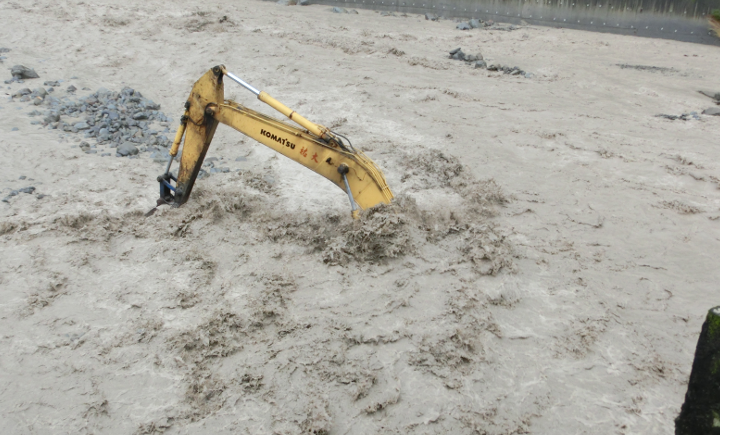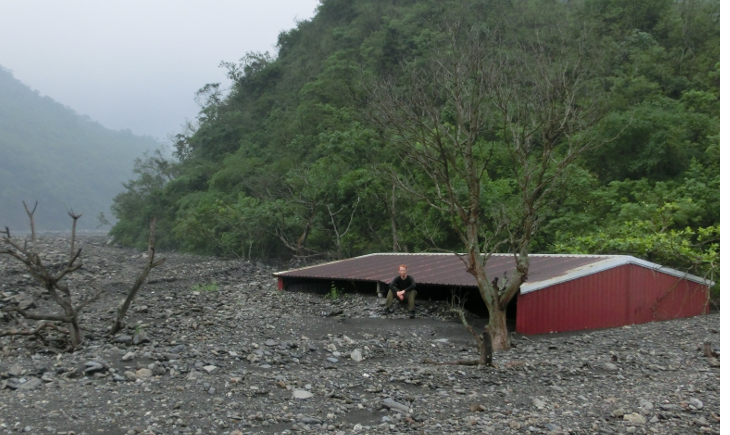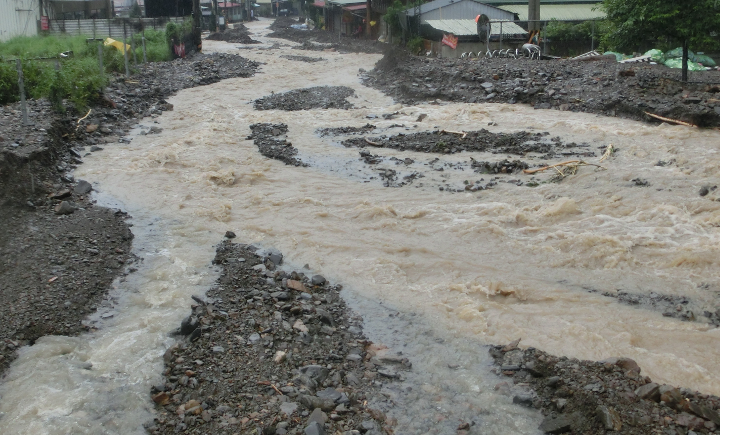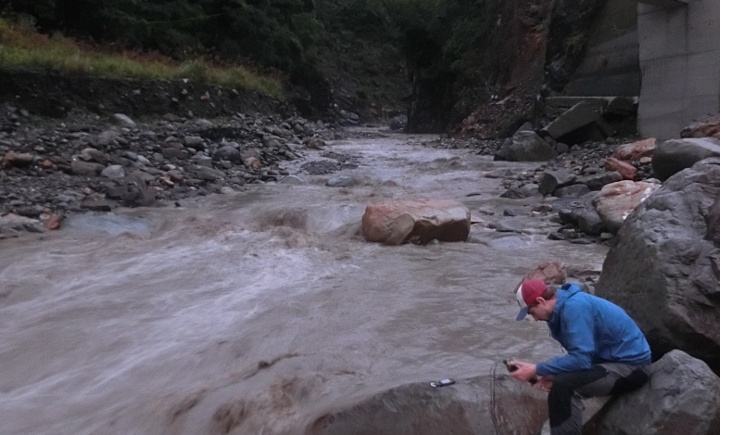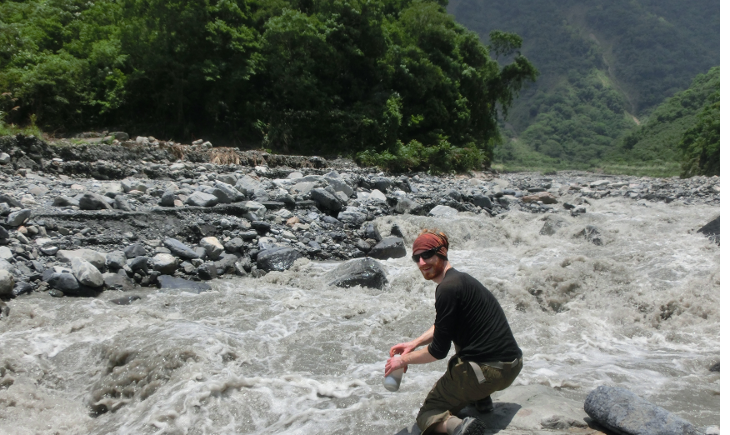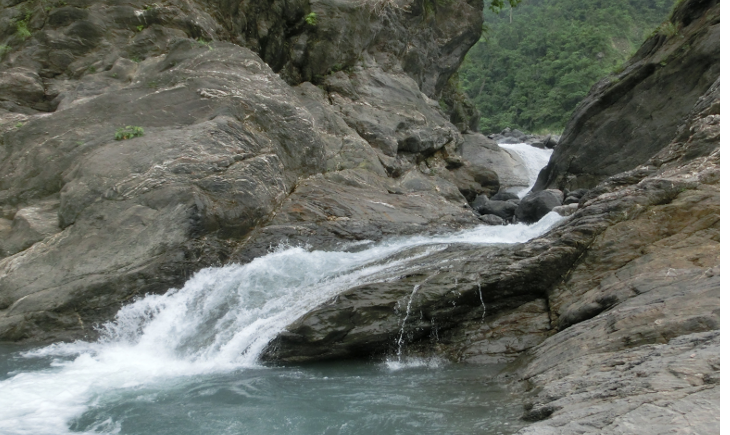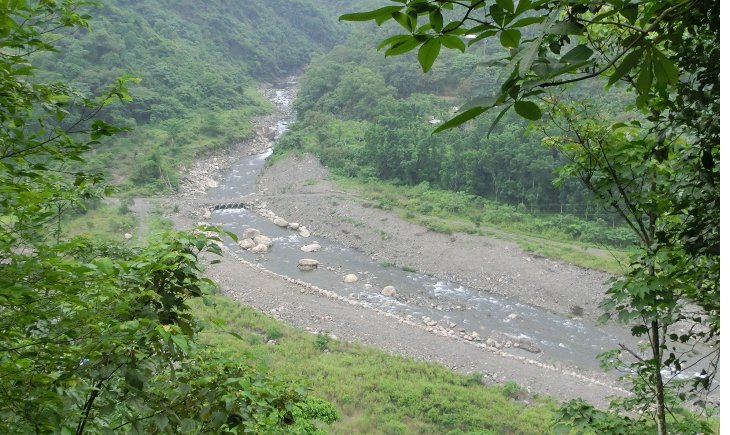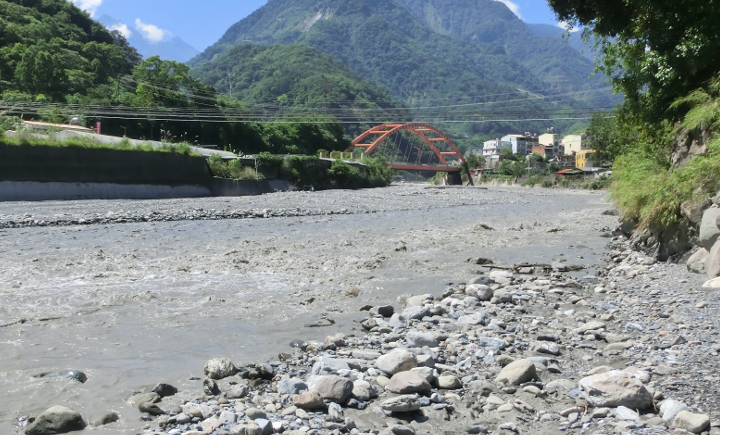Chemical Weathering: From Soils To Landslides

The chemical dissolution (weathering) of calcium and magnesium silicate minerals with carbonic acid removes CO2 from the atmosphere, and regulates the climate on geologic timescales. In contrast, the dissolution of carbonates by sulfuric acid, derived from the oxidation of sulfides (e.g. pyrite), releases CO2 from the solid Earth and can lead to transient increases in atmospheric CO2 concentrations for tens of millions of years. Recently, it has been shown that landslide erosion strongly impacts chemical weathering in actively eroding mountain ranges and increases the contribution of carbonate weathering to the total weathering flux – with important implications for the carbon cycle.
The aim of this project is to constrain the processes by which soil and landslide erosion affect carbonate, silicate, and sulfide weathering and, consequently, the export of CO2 from rapidly-eroding mountain catchments. We address this research challenge using water samples from catchments in southern Taiwan that lie along a gradient from soil erosion to landslide erosion dominated hillslopes.
We use a Varian 720 ES ICP-OES to measure major cations and a Dionex 1100 ion chromatograph to measure major anions in water samples. Further, XRF spectrometry and XRD is used to assess the chemical composition and mineralogy of the weathering solid phase. Carbon isotopes and sulfur isotopes are measured in collaboration with Jordon Hemingway at Harvard University.
Associates
- Duna Roda-Boluda, Stefanie Tofelde & Robert Emberson
- Jordon Hemingway (Harvard University)
- Jeremy Caves Rugenstein & Jeffrey Prancevic (ETH Zürich)


